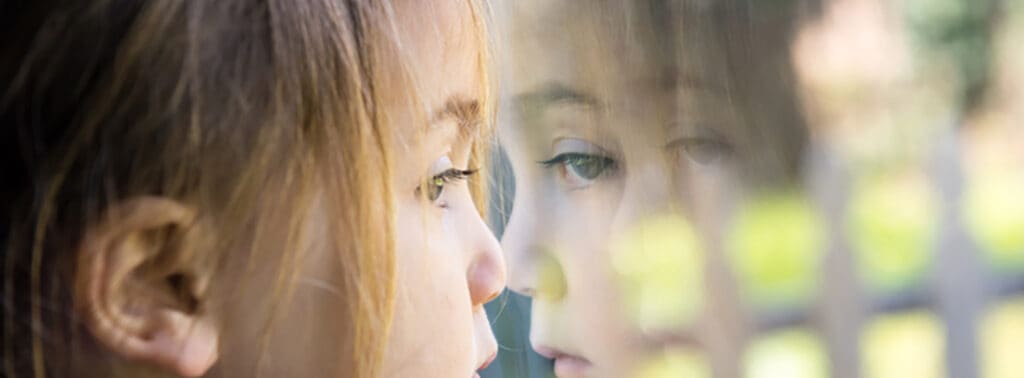The ebbs and flows of childhood emotions are a natural part of growing up, filled with joyous highs and inevitable lows. Yet, distinguishing these common developmental phases from indicators of bipolar disorder—a condition marked by extreme mood swings—poses a significant challenge to many caregivers. This guide seeks to illuminate the complexities of diagnosing bipolar disorder in children, providing essential insights for identifying symptoms and pursuing the right support.
Therapist for Bipolar Disorder in Brooklyn: Find Help Today.

Identifying Bipolar Disorder: Key Symptoms in Youth
Children experiencing bipolar disorder exhibit signs beyond normal behavioral bounds, such as:
- Dramatic Mood Swings: Swift, intense transitions from joy to melancholy distinguish these from common tantrums or moodiness.
- Manic Episodes: Signs include excessive energy, reduced need for sleep, rapid speech, impulsive behavior, and difficulty concentrating.
- Depressive Episodes: Look for persistent sadness, withdrawal from preferred activities, significant changes in sleep or appetite, feelings of hopelessness, and potentially, suicidal ideation.
- Behavioral and Social Challenges: Mood instability can lead to disruptive or aggressive behaviors, impacting academic performance and social relationships.
Navigating Life with Bipolar Disorder
The effects of bipolar disorder extend into every facet of a child’s existence, affecting academic achievement, interpersonal relationships, and overall quality of life. Early intervention can mitigate these impacts, highlighting the importance of timely diagnosis and treatment.
Discerning Bipolar Disorder from Similar Conditions
Symptoms of bipolar disorder can overlap with other childhood issues, necessitating careful differential diagnosis to distinguish it from conditions like ADHD, depression, and typical age-related behaviors.
Seeking Professional Insight: The Path to Diagnosis
Encountering symptoms indicative of bipolar disorder warrants consultation with a mental health specialist. A thorough assessment, including a detailed interview and collaboration with educators, lays the groundwork for an accurate diagnosis.
Therapeutic Avenues: Supporting Recovery and Well-being
Effective treatment for childhood bipolar disorder often combines medication management with psychotherapy, providing a multifaceted approach to care. Education for families and caregivers is integral, fostering a supportive environment conducive to healing and growth.
Empowering Caregivers: Strategies for Support
Supporting a child with bipolar disorder can be daunting, yet implementing a stable routine, fostering healthy lifestyle choices, and maintaining open communication can significantly enhance the child’s well-being and resilience.
Conclusion: Embracing the Journey Together
Understanding bipolar disorder in children is the first step on a path filled with challenges and triumphs. By recognizing the signs, seeking professional guidance, and providing unwavering support, caregivers can play a pivotal role in navigating the complexities of this condition. Together, it is possible to cultivate a nurturing environment that champions recovery and empowers children to reach their fullest potential, despite the hurdles of bipolar disorder.